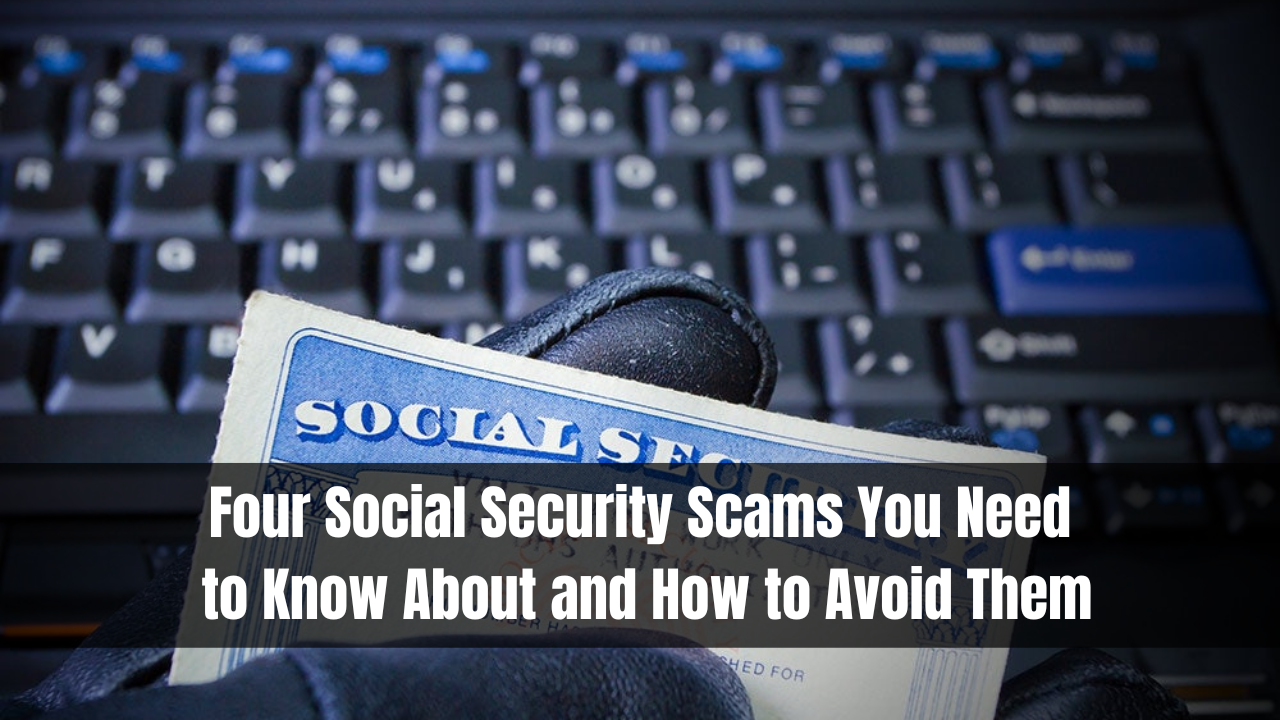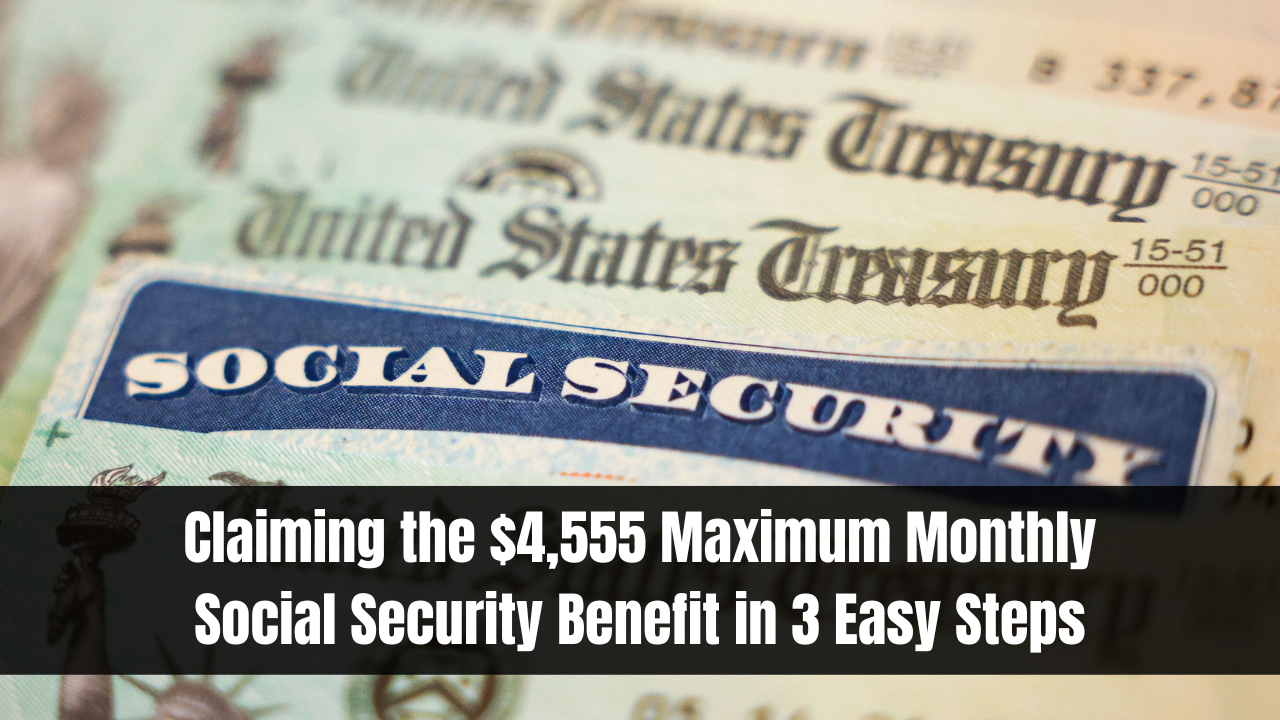Four Social Security Scams You Need to Know About and How to Avoid Them. In recent months, the Social Security Administration has seen a surge in scam attempts, with over 55,000 individuals falling victim to fraudulent calls between October 2022 and June 2023.
As impersonation tactics become more sophisticated, it’s crucial to be vigilant and safeguard your personal information. Here’s how you can recognize and avoid falling prey to Social Security scams.
[irp]1. Your social security number is suspended
- Tactic: Scammers claim your Social Security number is suspended and request personal information to reactivate it.
- Why You Should Hang Up: The government does not suspend Social Security numbers. This ploy is designed to extract personal information for identity theft.
2. Your benefits are suspended
- Tactic: Perpetrators allege that your Social Security benefits are suspended and may ask for your Social Security number or demand a fee for reinstatement.
- Why You Should Hang Up: The SSA does not call to request your Social Security number or charge fees to correct your benefits.
3. You can pay to increase your benefits
- Tactic: Scammers promise to increase your benefits for a fee.
- Why You Should Hang Up: Often associated with the SSA’s cost-of-living adjustment, this scam aims to exploit individuals by offering a service that the SSA automatically provides.
4. You Owe Money That Has to Be Paid Immediately
Tactic: Scammers insist you owe money for a penalty or overpayment, threatening to suspend benefits or take legal action if not paid immediately.
Why You Should Hang Up: Scammers use untraceable payment methods, such as wire transfers or cryptocurrency, which the Social Security Administration does not accept.
Seniors as Prime Targets
Reports indicate that scams targeting older adults are on the rise. Seniors, relying heavily on Social Security, are more susceptible to answering calls or responding to letters out of fear of missing important information. Exploiting seniors becomes an attractive option for scammers due to their potentially higher assets.
[irp]Red Flags of a Scam
Be alert if someone:
- Calls unexpectedly from the SSA, as legitimate contacts are typically made through mail.
- Claims there’s a problem with your benefits without sending a corresponding letter.
- Pressures you to respond immediately or threatens legal action.
- Demands payment to correct a supposed issue, as the SSA corrects issues and applies increases for free.
- Tips to Protect Yourself
- Never share personal information with unsolicited callers; the SSA will not request sensitive information already on file.
- Be aware of your online presence, as scammers may gather information available online.
- Investigate unexpected changes in benefits and contact the SSA for clarification.
- Regularly check your credit history for signs of identity theft by obtaining free annual credit reports from major bureaus.
Tips to Protect Yourself
- Never share personal information with unsolicited callers; the SSA will not request sensitive information already on file.
- Be aware of your online presence, as scammers may gather information available online.
- Investigate unexpected changes in benefits and contact the SSA for clarification.
- Regularly check your credit history for signs of identity theft by obtaining free annual credit reports from major bureaus.
Conclusion
Stay vigilant against Social Security scams by recognizing red flags and safeguarding personal information. Protect yourself from fraud by verifying unexpected calls, avoiding immediate payments, and staying informed about the latest tactics used by scammers.






